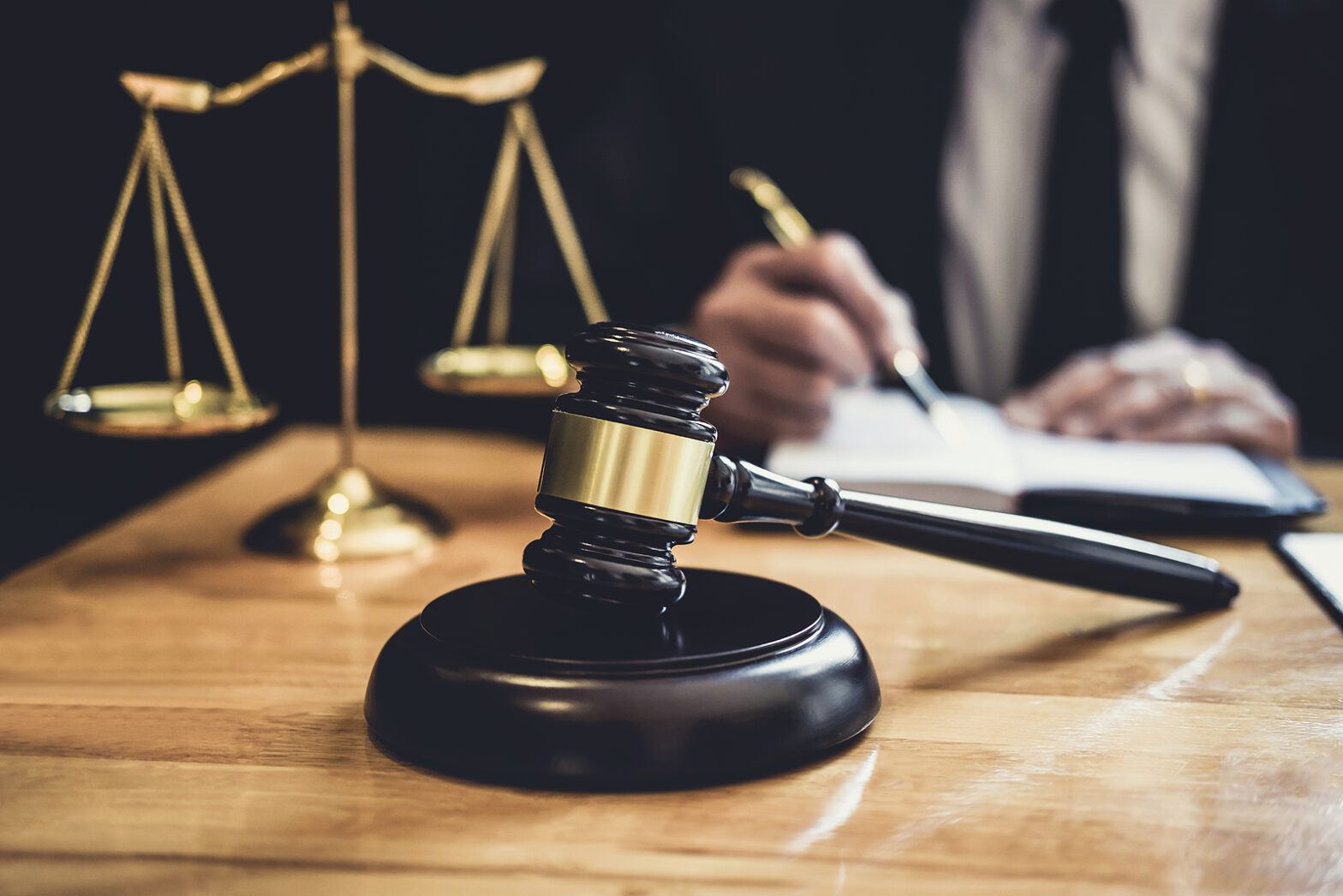What Is the Entrapment Defense?
What Is Entrapment?
Police entrapment is a legal defense to criminal accusations based on specific encounters between a law enforcement officer and a defendant before any alleged prohibited conduct has happened. Entrapment occurs when the police officer pressures or convinces a defendant to commit a crime in their presence. In some situations, a person can be entrapped if an officer engages in conduct that would cause a normally law-abiding person to commit the crime. Some examples of such conduct include badgering, persuasion by flattery or coaxing, repeated and insistent requests, or an appeal to friendship or sympathy. Another example of entrapment is conduct that would make commission of the crime unusually attractive to a normally law-abiding person. Such conduct includes a guarantee that the act is not illegal or that the offense would go undetected or an offer of extraordinary benefit. If an officer simply gave the defendant an opportunity to commit the crime or merely tried to gain the defendant’s confidence through reasonable and restrained steps, that conduct is not entrapment.
There are certain situations in which entrapment is quite common. It is important to understand these scenarios so that you can recognize any signs of entrapment. First, drug-related crimes are notorious for involving claims of entrapment. This is because many drug busts are undercover and, as a result, often entail entrapment allegations. Another common entrapment operation involves sex crimes like prostitution. For example, if an undercover police officer poses as a prostitute and approaches you multiple times to pressure you into inappropriate conduct, then you may be able to use entrapment as a defense. However, not all undercover operations constitute entrapment, and remember, simply presenting an opportunity to participate in criminal activity is not entrapment. If you feel like someone is trying to convince or pressure you to commit a crime, it is best to walk away from the situation and report it to law enforcement.
Can Entrapment Get My Case Dismissed?
Entrapment can be used as a defense that, in some cases, may get your charges dismissed. The defendant has the burden of proving this defense by a preponderance of the evidence. This is a different standard from proof beyond a reasonable doubt. To meet this burden, the defendant must prove that it is more likely than not that they were entrapped.
In evaluating this defense, courts focus primarily on the conduct of the officer. In deciding whether the officer’s conduct was likely to cause a normally law-abiding person to commit this crime, courts may also consider other relevant circumstances, such as events leading up to the crime, the defendant’s responses, and the seriousness of the crime. Because entrapment laws focus on the officer’s conduct, your own intent, character, or criminal history are not relevant to whether you were entrapped. Your actions should be compared to those of a normally law-abiding person.
There are two general situations in which defendants have successfully asserted the defense of entrapment. In one type of situation, proving that the defendant was entrapped negates an essential element of the crime. For example, if a defendant is being prosecuted for theft, but the evidence shows that the owner of the property actively participated in delivering it to the defendant, that means the owner consented to the property being taken. Since lack of consent is an essential element of a theft crime, the prosecutor has failed to sustain his burden of proving the defendant guilty, and entrapment is thus a successful defense.
In the second type of situation, none of the essential elements of the crime is negated, but a defendant has been induced to commit the crime by an undercover police officer or agent. An example of this situation could be if an officer befriended the defendant at a narcotics treatment meeting and then repeatedly asked the defendant to obtain narcotics for the officer’s use. With repeated requests and appeals to friendship, the defendant finally gave in and purchased narcotics to sell to the officer, after which he was arrested. In a case like this, the defendant could show that entrapment took place.
Contact Wallin & Klarich Today
If you believe you were entrapped by a police officer or agent, contact our attorneys at Wallin & Klarich as soon as possible to see if we can get your case dismissed. With 40+ years of experience, Wallin & Klarich is your best choice amongst Southern California criminal defense firms. Our attorneys have helped thousands of clients in a wide range of entrapment cases, and we have the skills and resources to secure the best outcome for you.
With offices in Orange County, Riverside, San Bernardino, Victorville, Torrance, West Covina, Los Angeles, and San Diego, you are sure to find an available and convenient attorney near you.
Discover how our team can assist you. Contact us today, toll-free at (877) 4-NO-JAIL or (877) 466-5245 for a free consultation with a skilled defense attorney.




